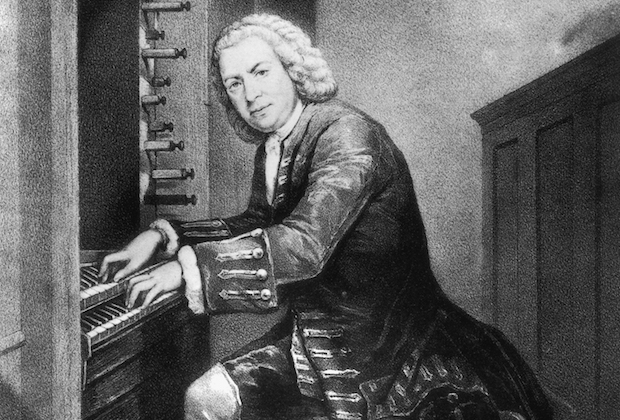Imagine if we had access to over a hundred Shakespeare plays in which the Bard was at or near the top of his game – but we didn’t bother to watch them and couldn’t even remember their names.
Bach has as good a claim as any composer to be the Shakespeare of music, yet a vast proportion of his work is little known even by music-lovers. He left us more than 200 sacred cantatas (many more are missing), most of which are miraculously inspired. So, why their neglect? Is it their supposedly dour and frightening Lutheran theology?
The latest Holy Smoke podcast suggests that, if we take the plunge, the music and texts of the cantatas help us address the central questions of existence – even if we’re not Christians.
My guest is Thelma Lovell, the author of a book about the worldview of the cantatas that is one of the masterpieces of Bach scholarship – yet even more neglected than the music itself.
A Mirror to the Human Condition: Music, Language and Meaning in the Sacred Cantatas of J. S. Bach arrived in my pigeonhole at The Spectator earlier this year. I carelessly lost the covering letter, and then had a hell of a job tracking down the writer (I even consulted the electoral register). Although professionally produced, the book was simply published by ‘T. M. Lovell’. In the end I dropped a reference to it into a column in this magazine in the hope that the author would get in touch – and she did.
Lovell is an independent scholar, trained in classical literature. who interrupted her postgraduate studies to bring up a family. Now a widow living and teaching in Cambridge, she’s not an adherent of any faith, which makes it all the more remarkable that she can explain so clearly how Bach’s Lutheranism can teach us ‘how to live and how to die’. You can listen to her here:
And if you enjoy that, do subscribe on iTunes.







Comments